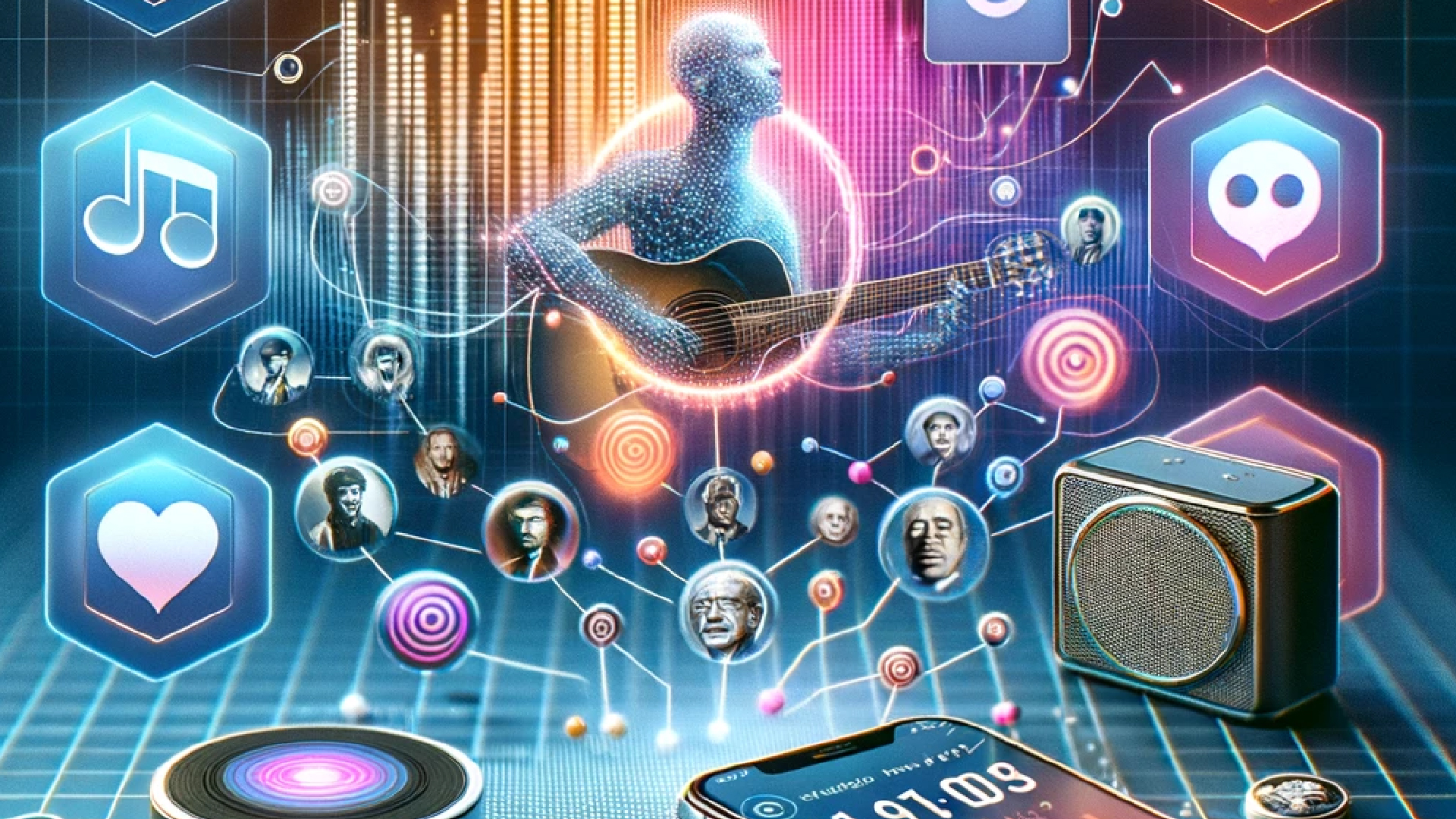
Coding is a hot topic in the media, with numerous articles and television programs dedicated to everyone from app developers to data analysts. As a result, demand for coders has never been higher. According to the Bureau of Labor Statistics, software developer is projected to be one of the fastest-growing professions through 2024. Coding may seem like an intimidating topic at first glance, but it’s not as difficult as you might think. In its simplest form, coding is just another type of language, one that enables computer programmers to communicate instructions to computers so they can do things like store information or recognize speech. Fortunately, regardless of your current skill level or previous education, learning basic coding principles doesn’t require a Computer Science degree or even any prerequisites outside of general computer literacy.
What is the difference between coding and programming?
Let’s start with a simple definition: coding is the act of using a programming language to write instructions for computers. In other words, computer programs are written in languages that humans can understand, while coding is the process of taking those instructions and translating them into something computers can understand. Programming, on the other hand, is a broader term that incorporates the entire process of creating a computer program. It includes the planning stages (like how you’re going to organize your program), writing the code that powers it and testing to make sure it works the way it’s supposed to. Put another way, coding is just one part of the computer programming process and one that’s relatively easy to learn for beginners.
Is coding the same as programming?
As we’ve already said, coding is one part of a larger process known as programming. While many people use the words coding and programming interchangeably, they are not the same thing. Coding is the act of using a programming language to write instructions for computers. Programming, on the other hand, is a broader term that incorporates the entire process of creating a computer program. Coding is a way to make computers do something. It’s the language that programmers use to instruct computers on what to do or how to do it. Programming, on the other hand, is a way to make computers do something. It’s the process of writing the code that computers need to understand in order to do something.
Why is coding important?
Coding has become increasingly common in our modern digital society, with everything from online banking to email correspondence requiring the use of computer programming languages. Though many people have a basic understanding of what coding is, fewer understand its importance in daily life. Coding is the language that programmers use to instruct computers on what to do or how to do it. This language is what powers the internet, apps and other technological innovations. If you’ve ever used an ATM, created an email account or done online banking, you’ve seen the power of coding. Coding isn’t just for programmers, either. There are many coding languages that are suitable for beginners. The importance of coding is ever-growing as technology continues to advance. As the world becomes increasingly digital, coding will become an essential skill for nearly all job sectors.
So, why should you learn to code?
As you’ve just read, there are many good reasons to learn basic coding, from the increased likelihood of employment to the ability to create and customize your own computer programs. Coding can lead to new career opportunities, like becoming a data analyst, web developer or software engineer. It can also help you advance in your current profession by enabling you to create programs, apps and other computer-based tools. Coding can also help you solve everyday problems, like creating a grocery list app on your phone or building a website for your small business. Coding can also help you pursue a hobby like weather forecasting or astronomy by creating custom tools and graphs. And the list goes on, you can really do anything you want with coding. It’s a powerful skill that can be applied to a wide range of disciplines.
Programming for beginners: Where to start?
If you’re new to coding and want to start learning, we recommend taking some time to understand what coding is and how it works. While there are tons of helpful coding tutorials for beginners online, it’s also a good idea to get a basic understanding of how code works. Coding languages are all different, but they all have one thing in common: they are written in lots of tiny sentences. These sentences are called “command lines” and they tell the computer to do something. For example, one of these command lines might say “add this number to that number and store the result in the calculator” or “write a letter and send it to the printer”.
Bottom line
Coding is a hot topic in the media, with numerous articles and television programs dedicated to everyone from app developers to data analysts. As a result, demand for coders has never been higher. Coding may seem like an intimidating topic at first glance, but it’s not as difficult as you might think. In its simplest form, coding is just another type of language, one that enables computer programmers to communicate instructions to computers so they can do things like store information or recognize speech. Coding can lead to new career opportunities, like becoming a data analyst, web developer or software engineer. It can also help you advance in your current profession by enabling you to create programs, apps and other computer-based tools. Coding can also help you solve everyday problems, like creating a grocery list app on your phone or building a website for your small business. Coding can also help you pursue a hobby like weather forecasting or astronomy by creating custom tools and graphs. In short, coding is an essential skill for the modern world.






